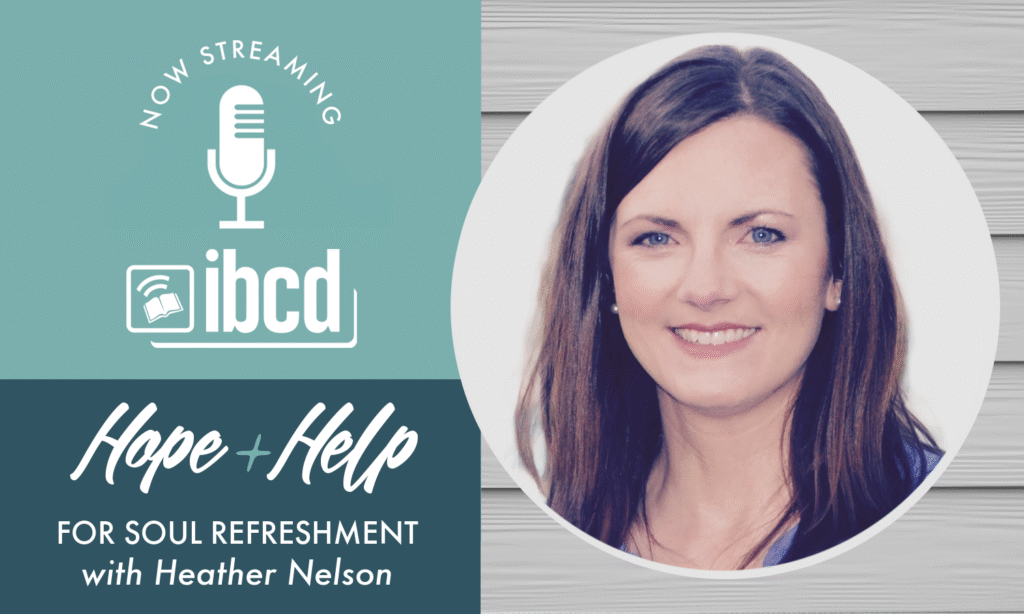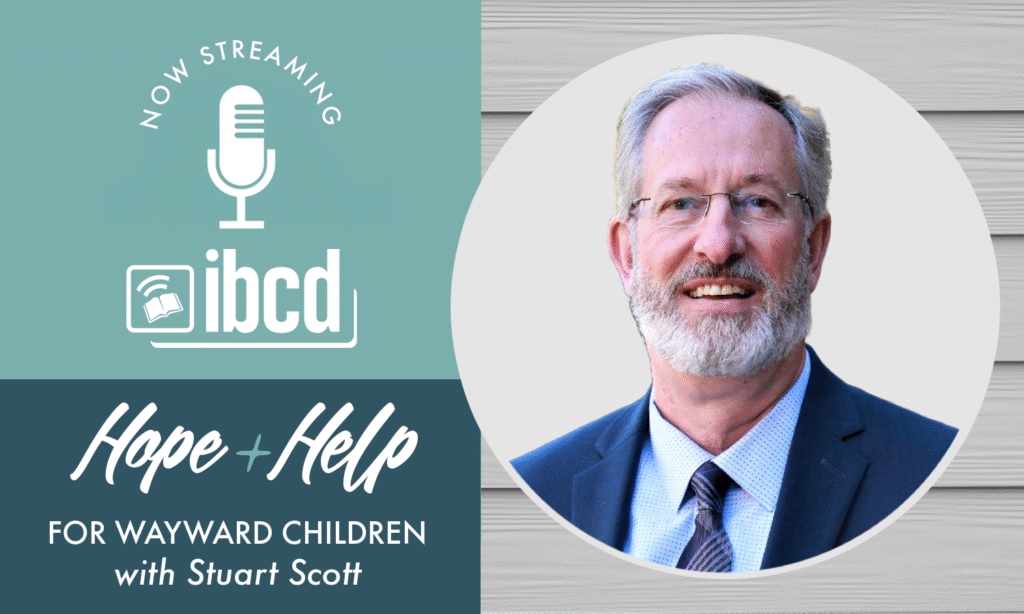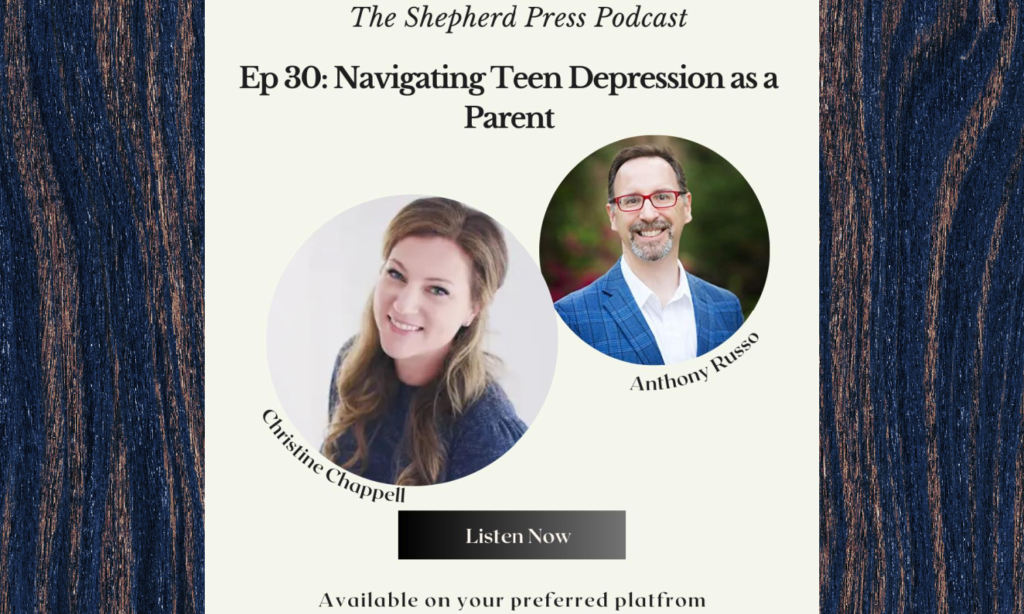The day we sat down at the conference table with the psychiatrist was my final day in the mental hospital. With my husband by my side, I nervously picked at my fingernails and strolled memory lane, remembering how 17 untreated years of highs and lows served up my second psychiatric hospitalization.
I sat silent as the doctor provided my husband with some medical information about my diagnosis. My eyes roamed around the room, mildly disconnected from the conversation. When it was my turn to ask the doctor questions, I had only one:
“What if there are side effects from the medication and I have to make a change?”
I didn't fear living with the particular weaknesses I had been labeled with–I already well knew my body and the swings and the spiritual tribulations included in with its diagnostic package. My fears were related to the medication and its side effects, because I had been on the rotation of medication carousels as a teenager and did not want to go back again.
Patiently, the doctor acknowledged the doubt in my tone of voice. Sensing resistance, he answered, “After five days of being on this medication, what evidence do you have that you’ll need to make a change?”
“None.” I replied.
“Well there you have it,” the doctor smiled. “Let’s keep our focus on what we have evidence for, and when another doubt pops up, remember to ask yourself that very same question: what’s the evidence?”
I sat silent as the doctor provided my husband with some medical information about my diagnosis. My eyes roamed around the room, mildly disconnected from the conversation. When it was my turn to ask the doctor questions, I had only one:
“What if there are side effects from the medication and I have to make a change?”
I didn't fear living with the particular weaknesses I had been labeled with–I already well knew my body and the swings and the spiritual tribulations included in with its diagnostic package. My fears were related to the medication and its side effects, because I had been on the rotation of medication carousels as a teenager and did not want to go back again.
Patiently, the doctor acknowledged the doubt in my tone of voice. Sensing resistance, he answered, “After five days of being on this medication, what evidence do you have that you’ll need to make a change?”
“None.” I replied.
“Well there you have it,” the doctor smiled. “Let’s keep our focus on what we have evidence for, and when another doubt pops up, remember to ask yourself that very same question: what’s the evidence?”










